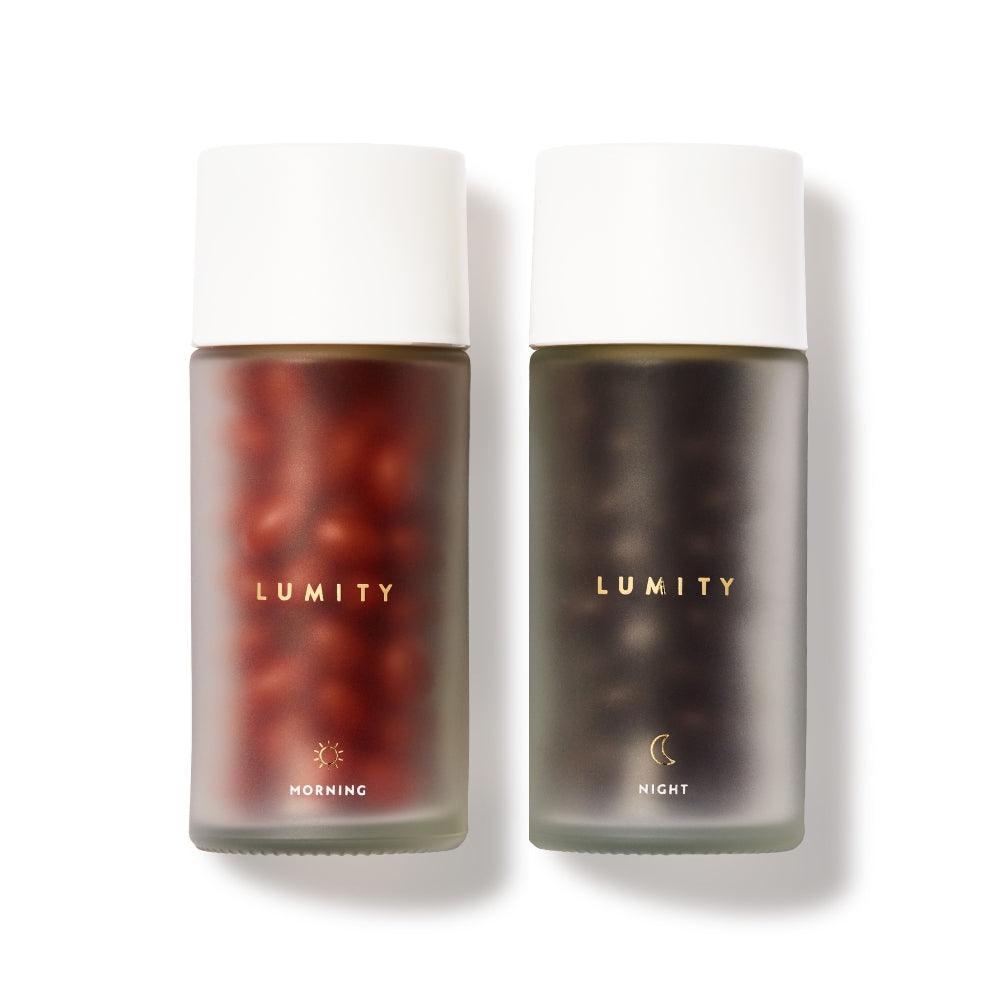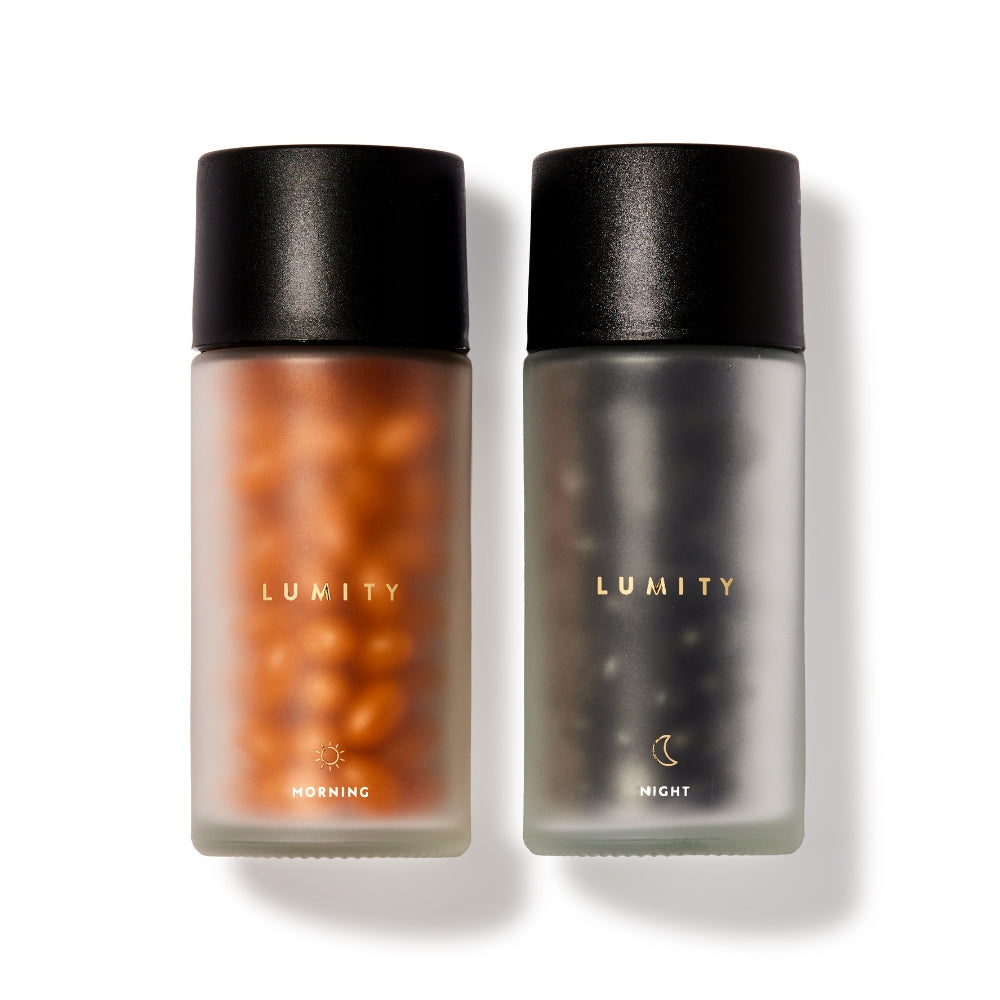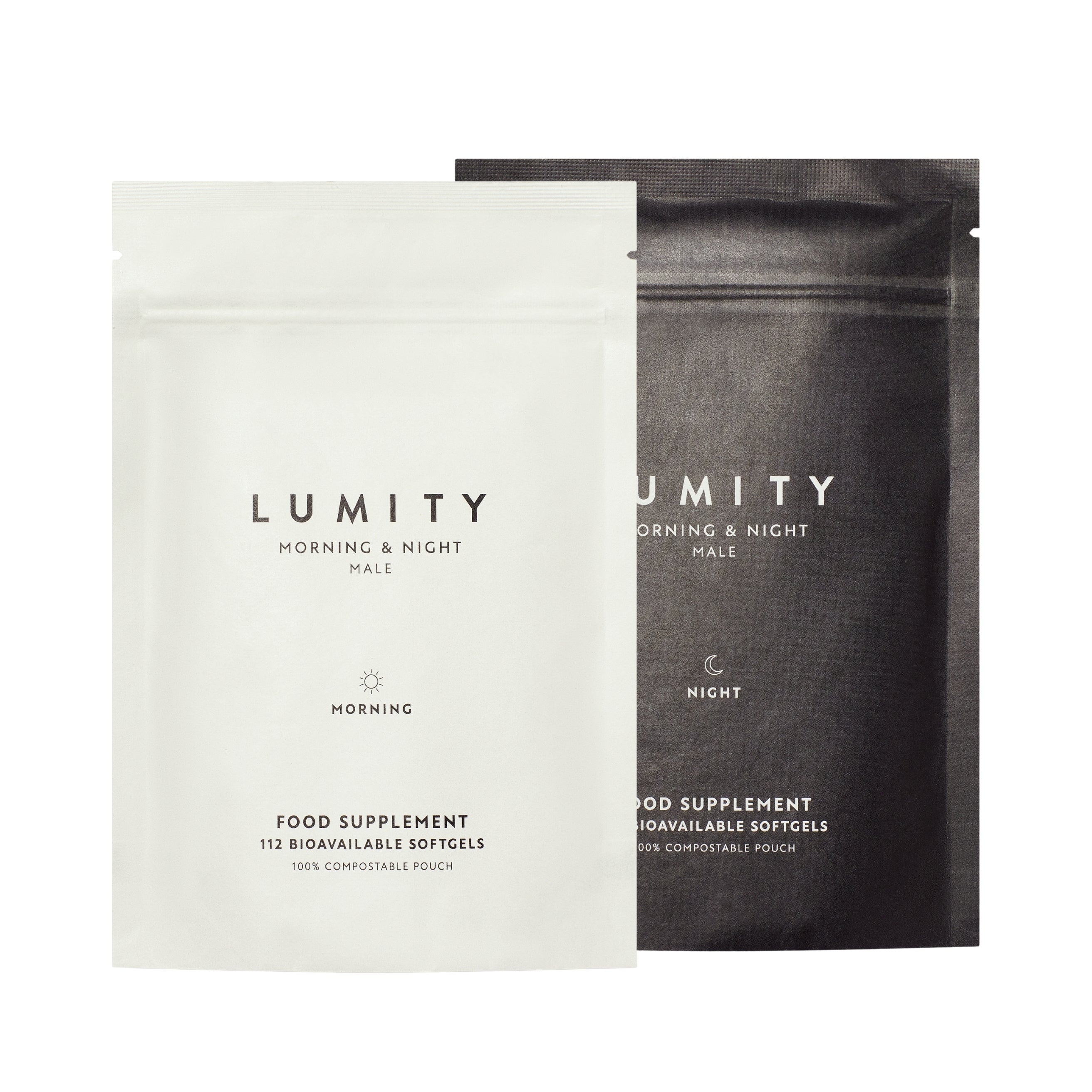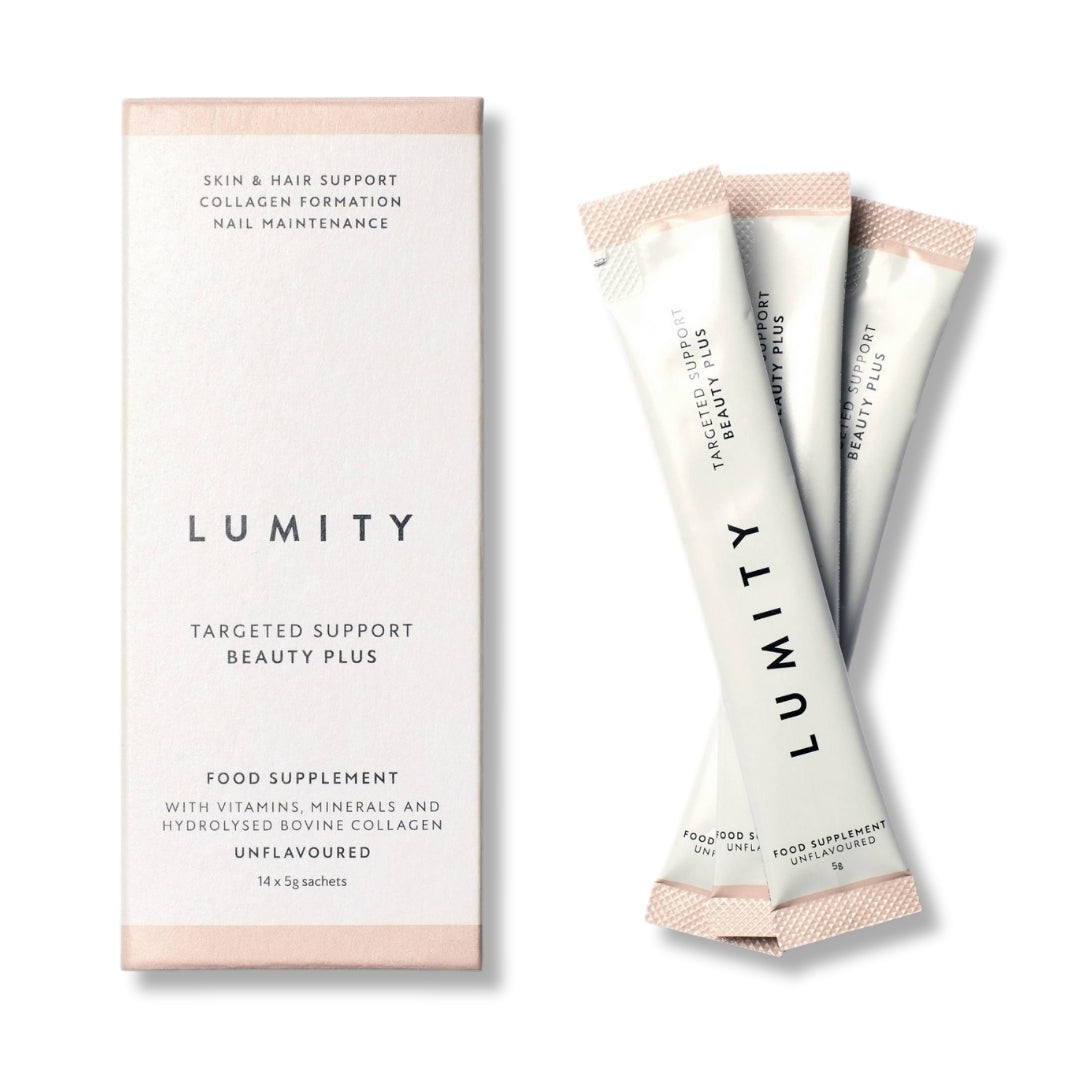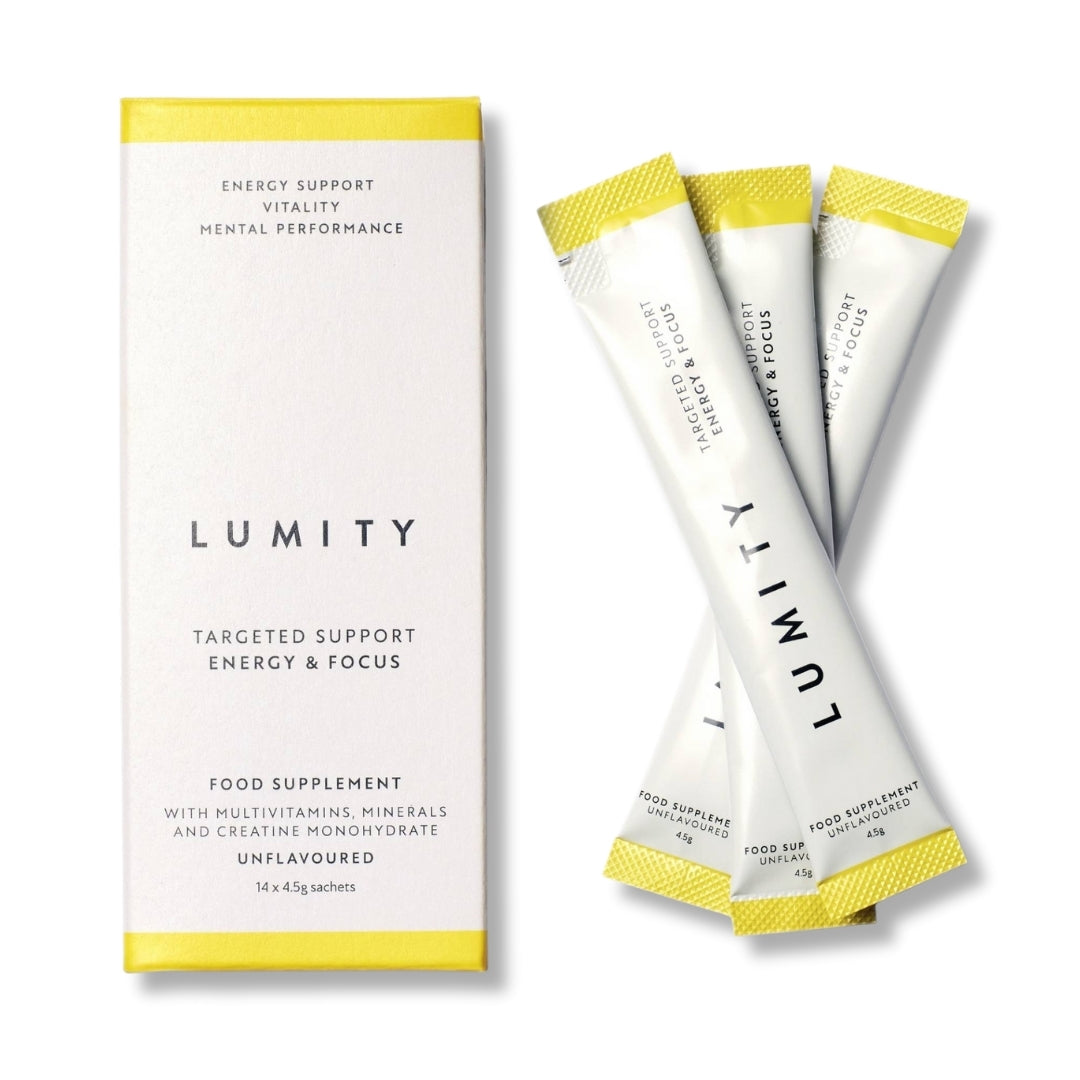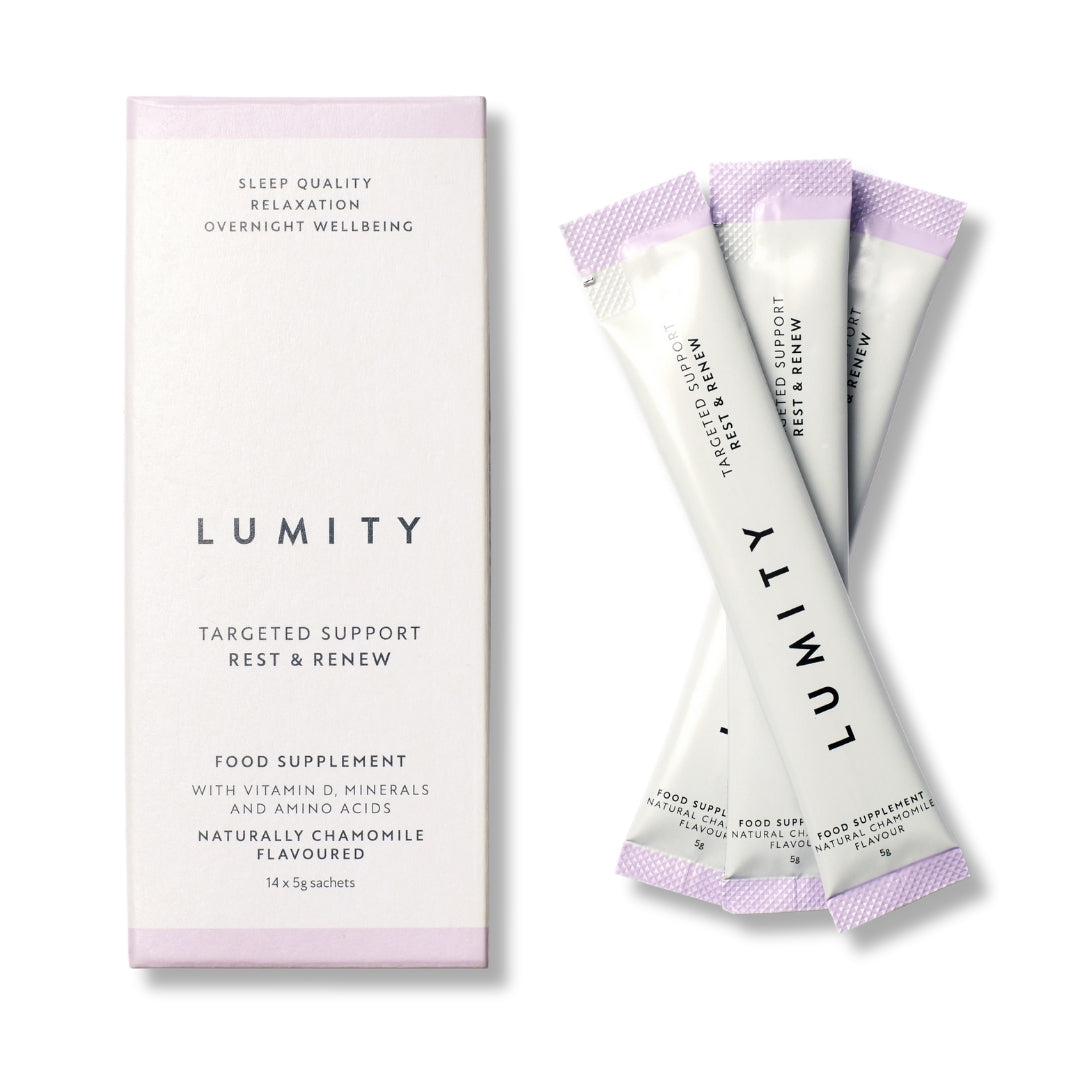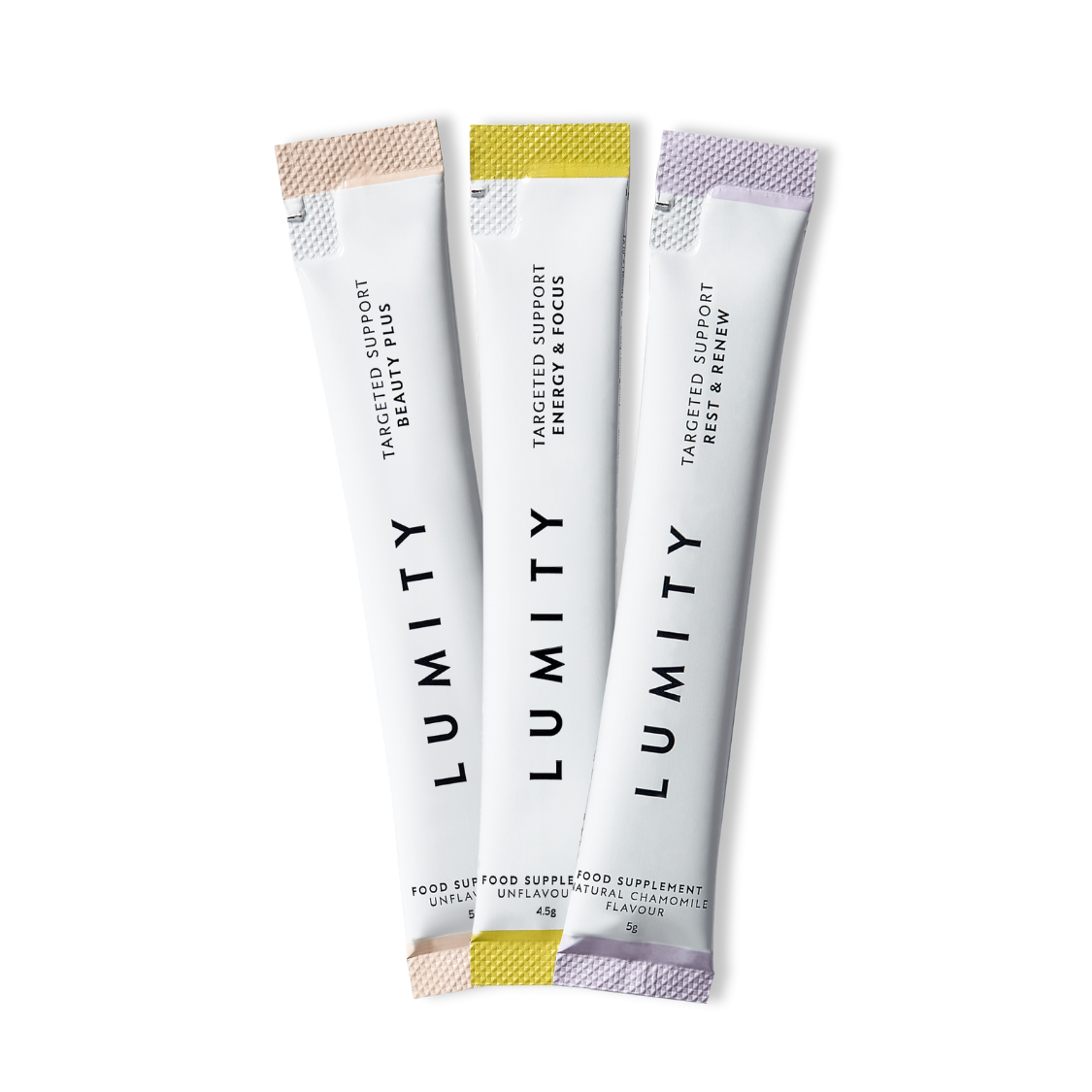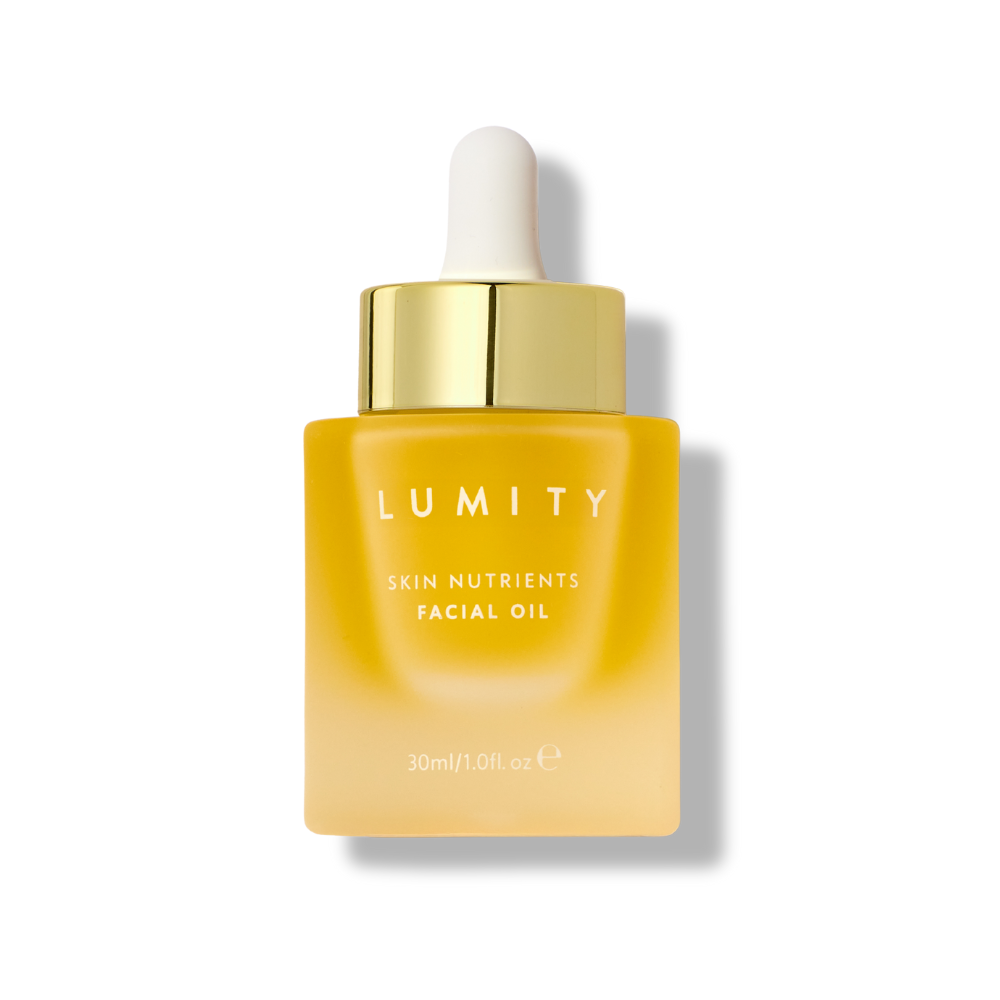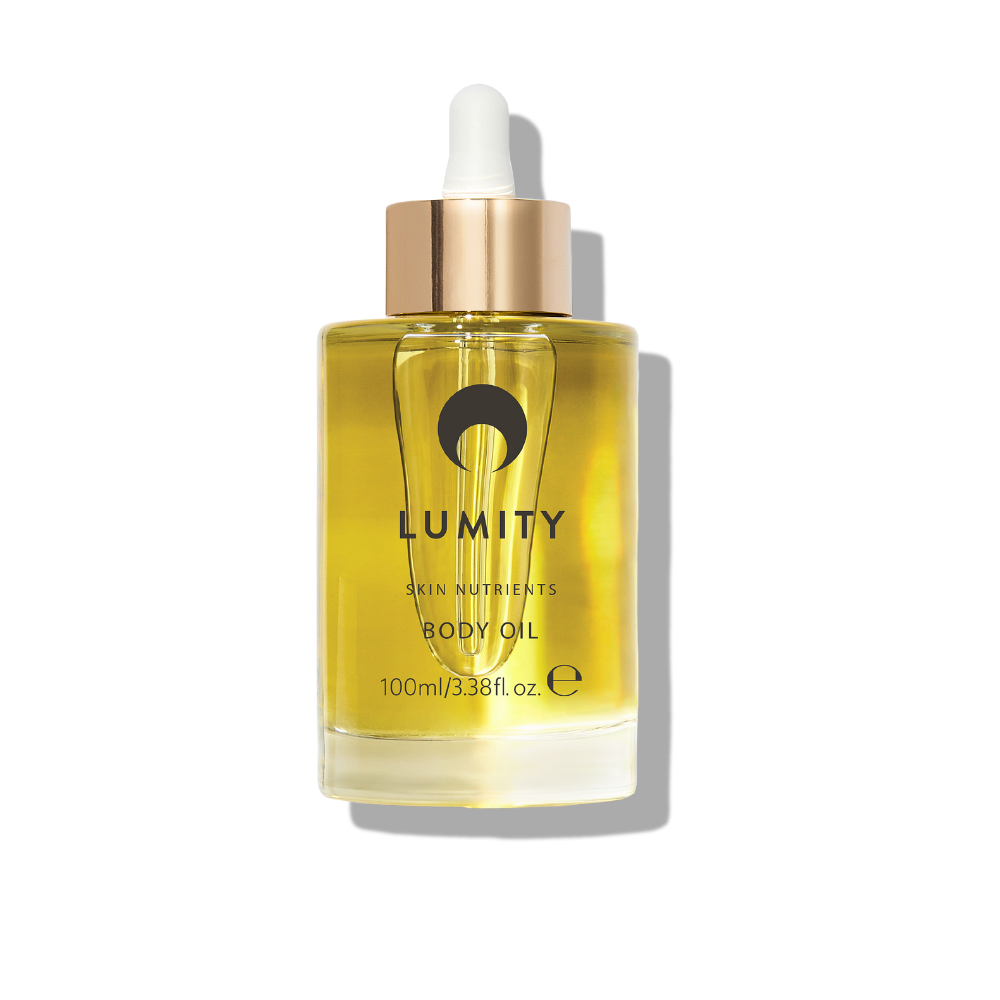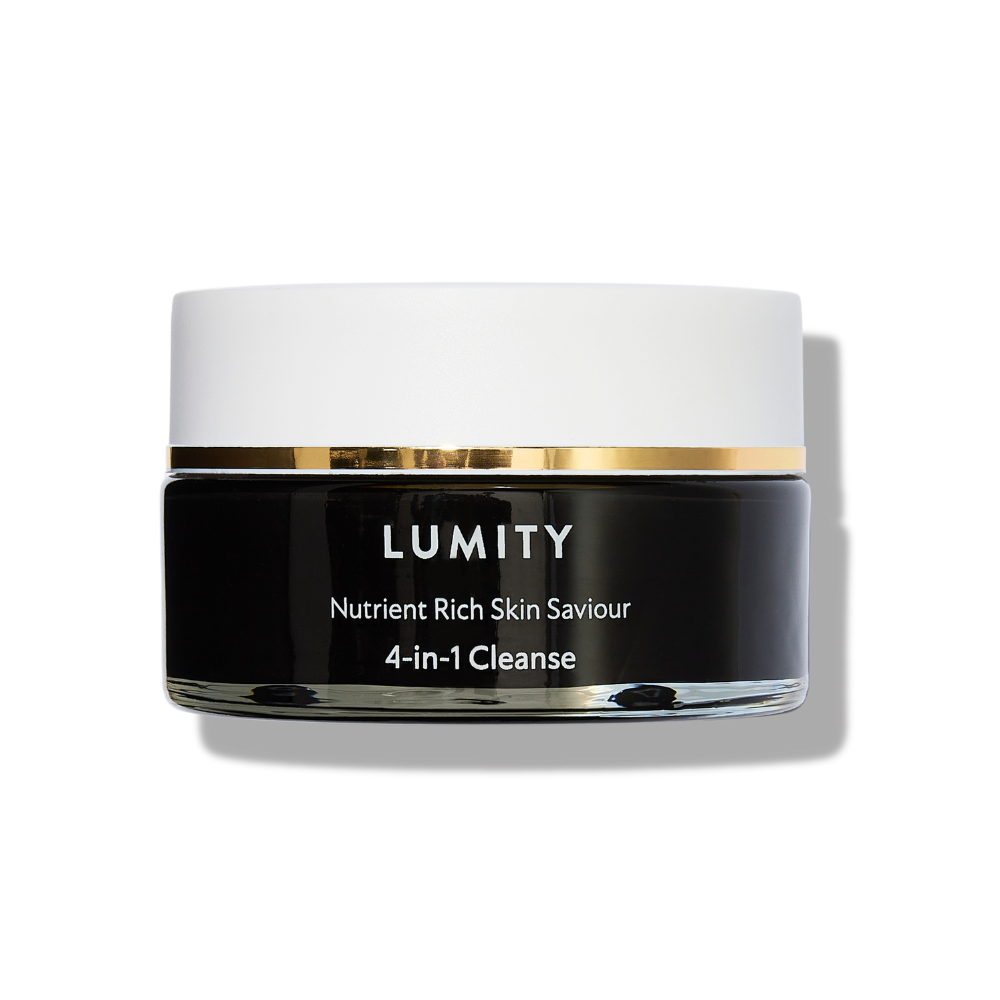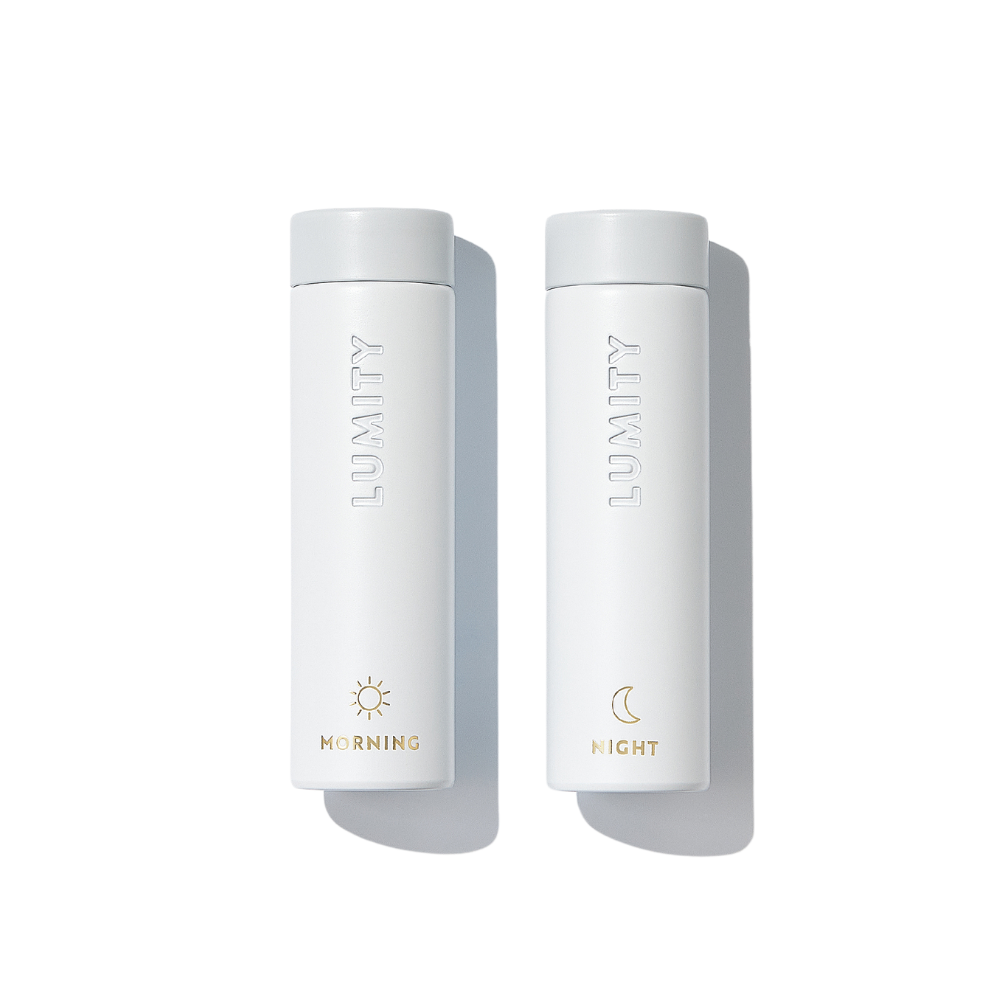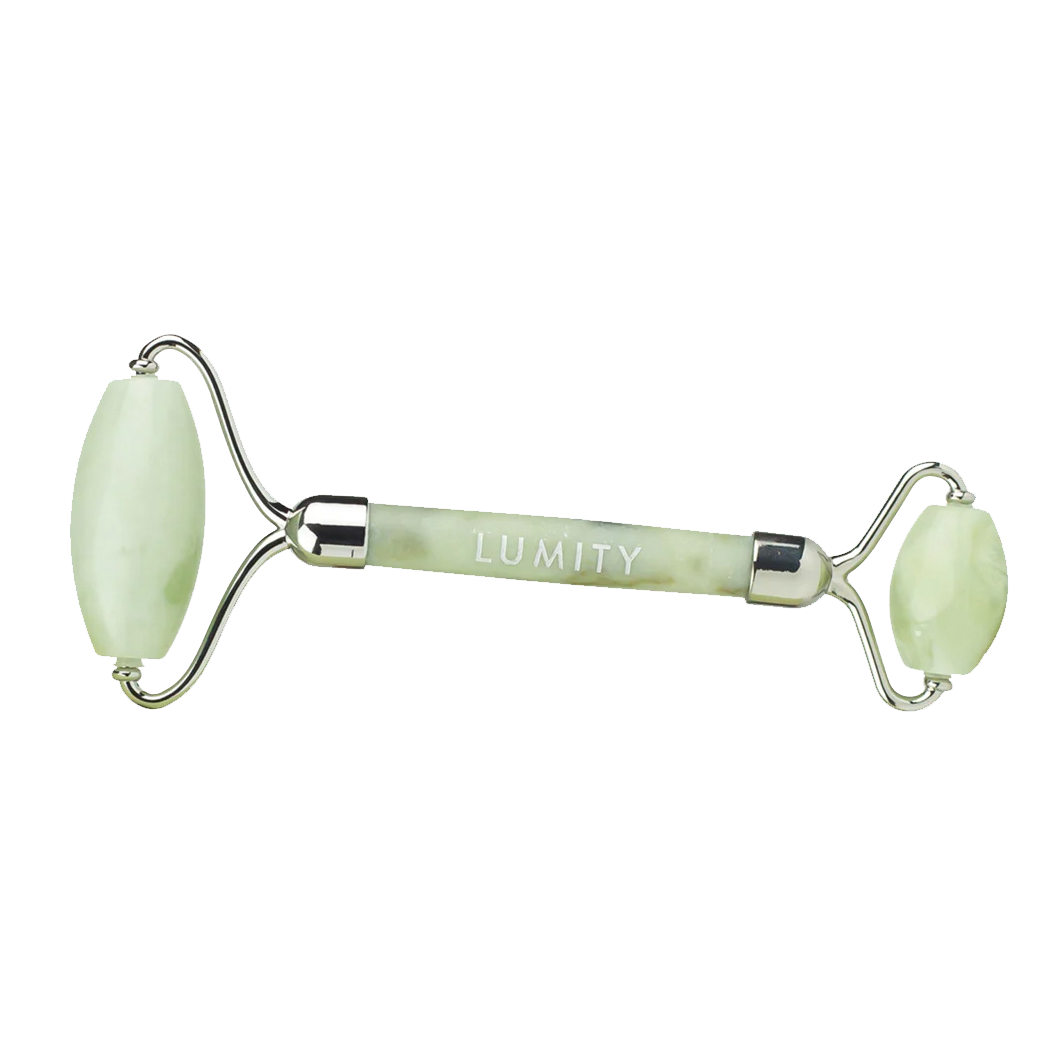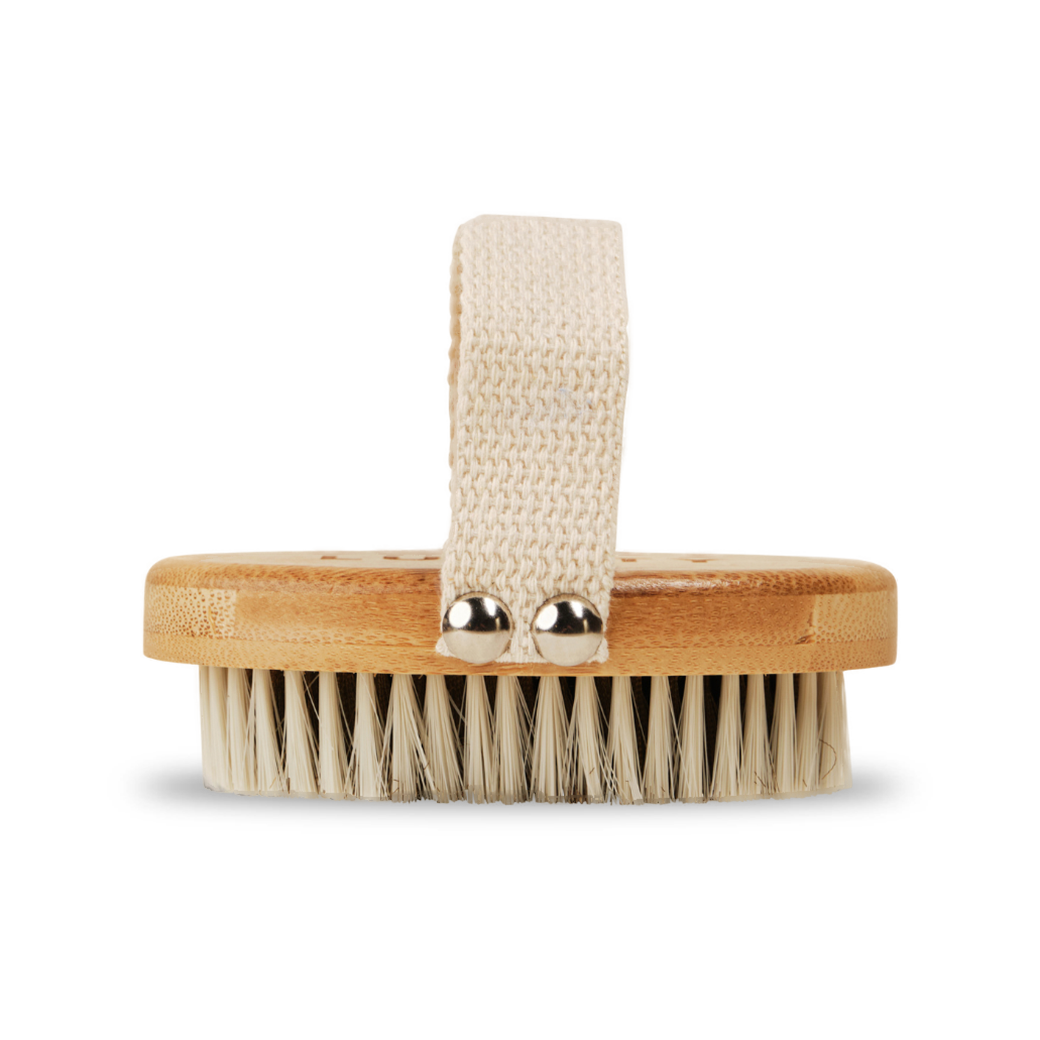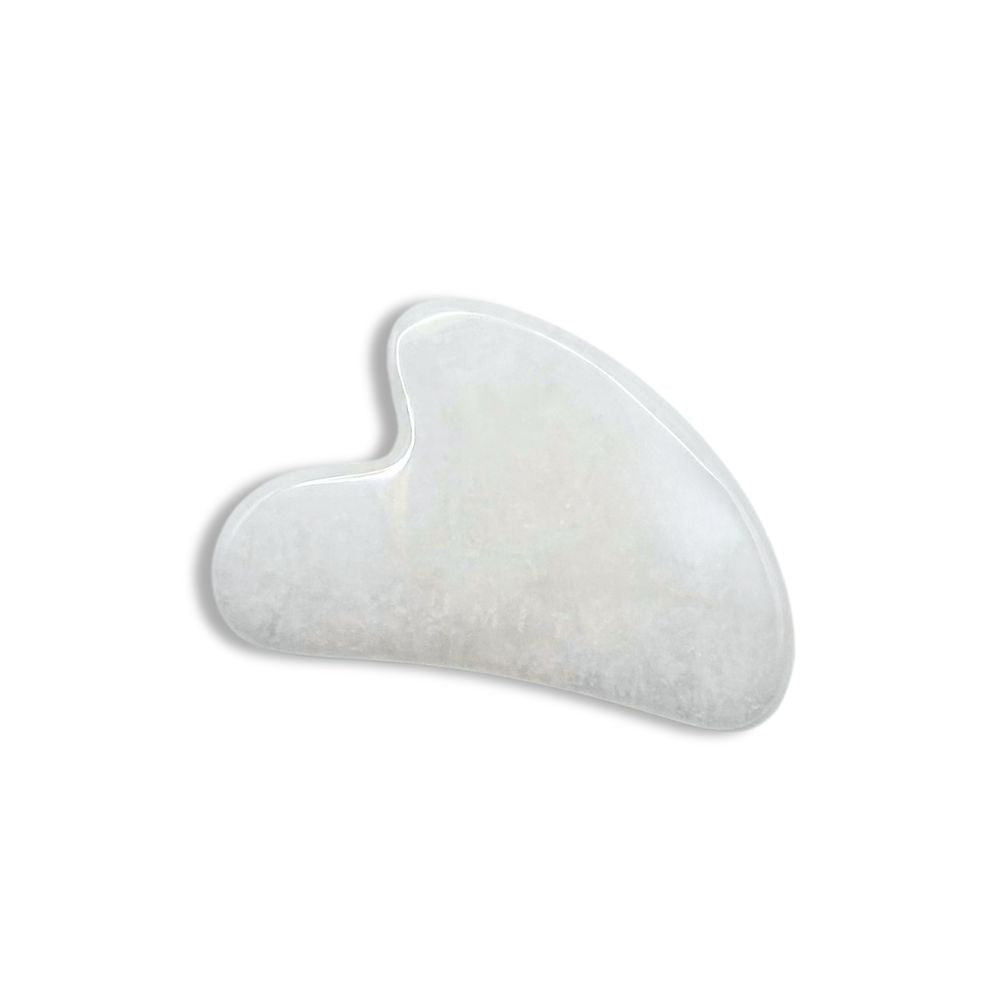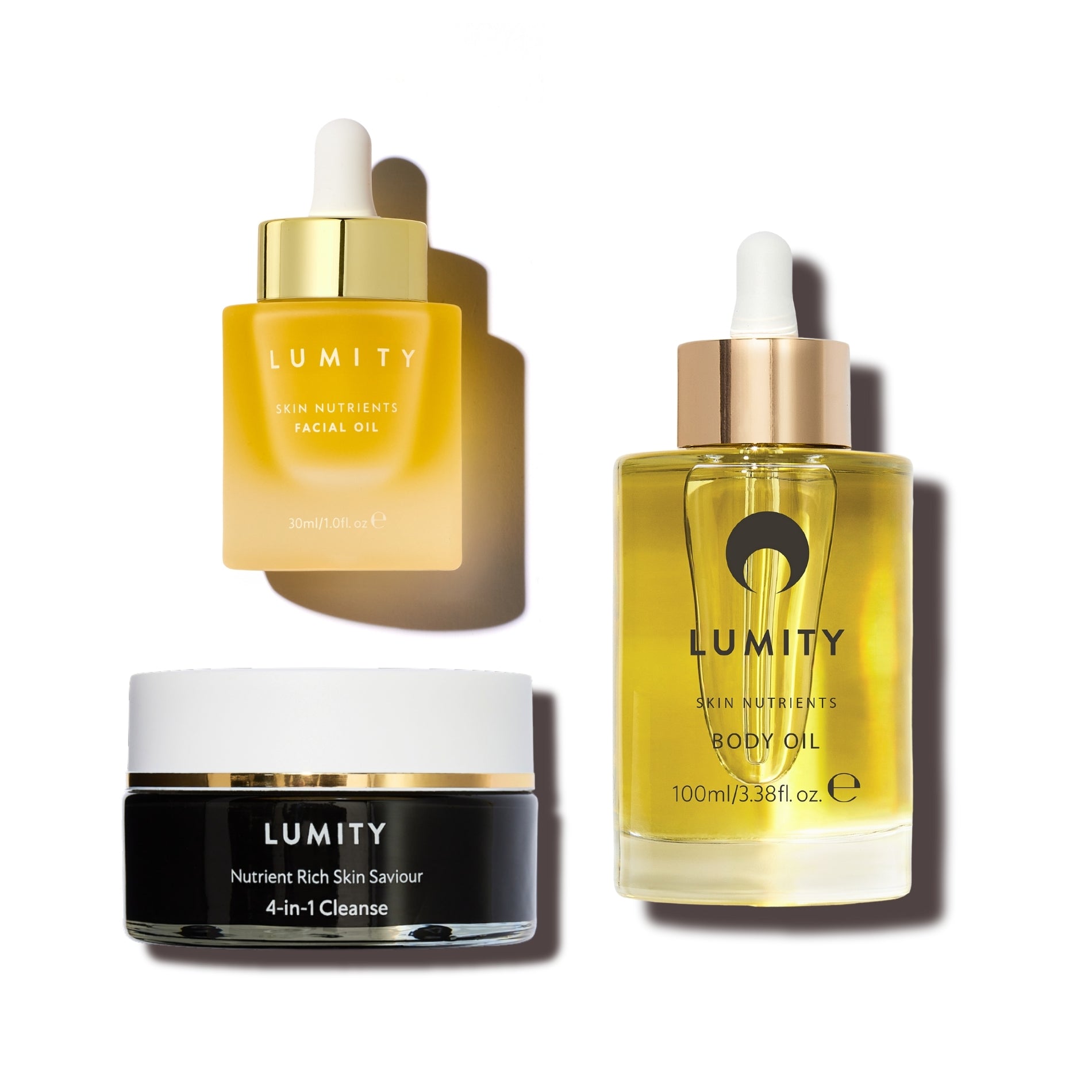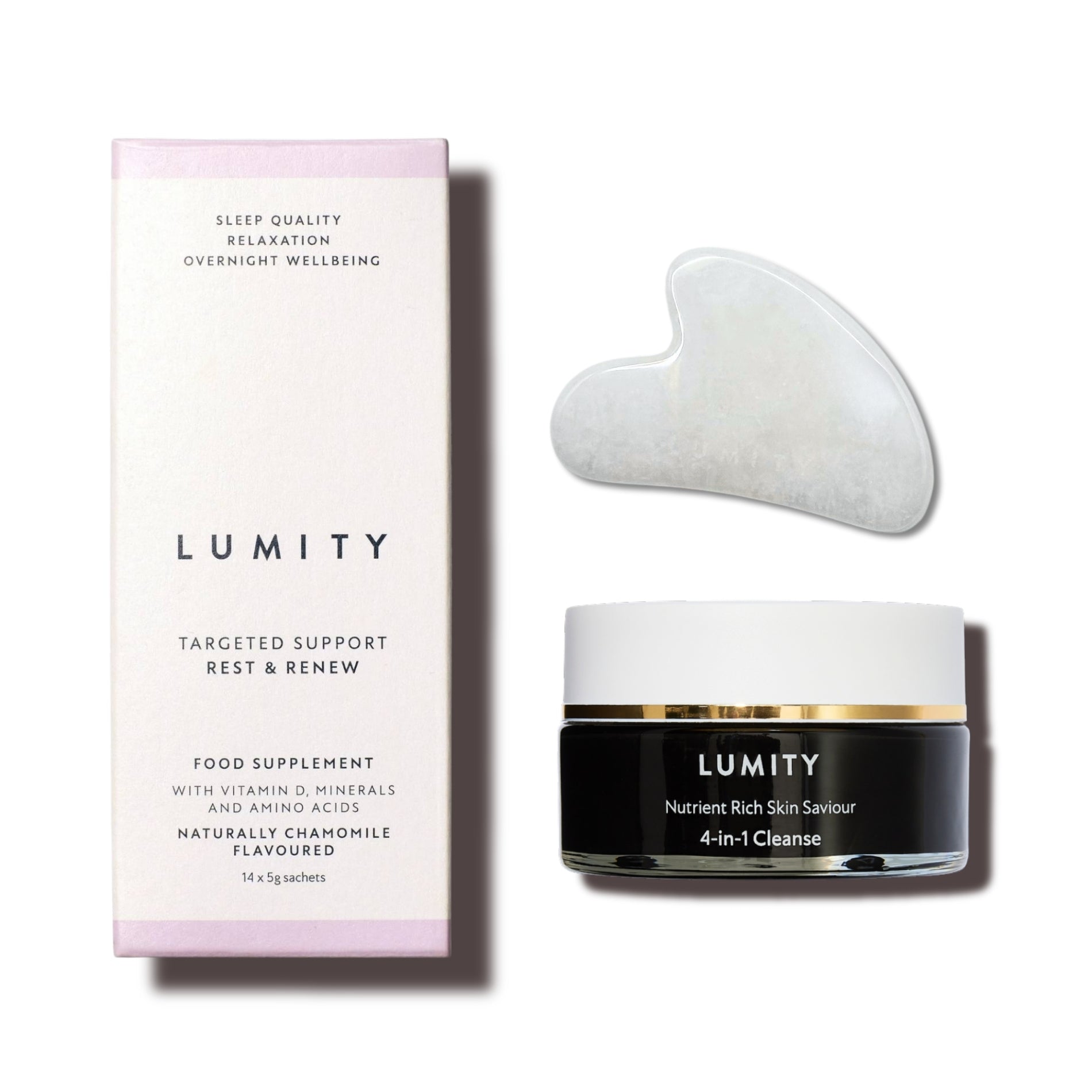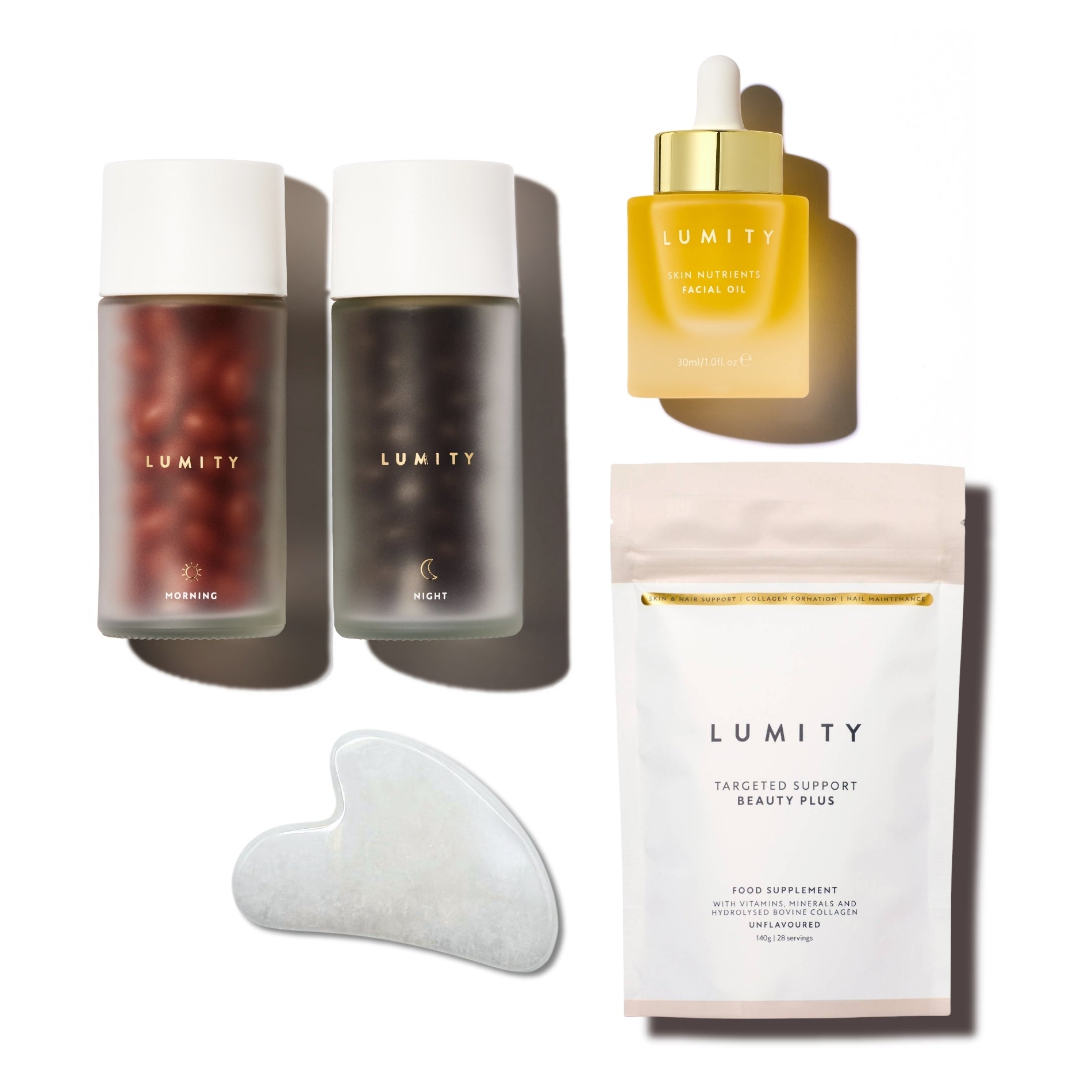Getting a Good Night's Sleep: How To Sleep In The Heat

There’s nothing worse than trying to sleep in a heatwave. You toss and turn all night long, sweating and puffing, only for the temperature to finally cool down at about 6am when you only have about an hour until the alarm clock goes off!
It’s one thing for people in hot countries who have air-con in their bedrooms and can temperature control their sleeping areas at the press of a button, but for those of us in countries that don’t usually have the kind of heat in summer to merit the expense of air-con being installed, what can we do to sleep during the long, hot nights of summer?
We’ve taken a closer look at some simple, inexpensive, yet effective ways to sleep in the heat.
How Temperature Affects Your Quality of Sleep
Body temperature makes a huge difference to the quality of our sleep. Scientists have conducted multiple studies over the years that have concluded that a colder room helps you sleep better and for longer too.
Does being cool helps you sleep better?
Scientists have found that sleeping in a cool bedroom helps you sleep better. The University of Southern Australia conducted a study on sleep which found that poor body temperature regulation is linked to certain types of insomnia. They found that people with a warmer than average body temperature found it hard to get to sleep in the first place, and then if they did fall asleep, they often woke up throughout the night.
"Temperature regulation is a significant factor in each of the two types of insomnia. The difference is when the insomnia occurs," concluded Dr Cameron Van den Heuvel.
Harvard Medical School in the US found that body temperature starts to fall shortly before we go to sleep each night. As we sleep, our body’s core temperature drops by several degrees so that the body can save our energy reserves as we rest.
If you go to sleep in a room that already has a cool temperature, it helps your body to drop to the correct level of coldness much faster which means that you’ll fall asleep quickly and stay asleep for longer.
Does being hot affect sleep quality?
Hotter temperatures lessen the time we spend in slow-wave sleep and REM sleep meaning that the quality of sleep in a hot room is reduced. Some people have naturally hotter bodies than others.
Do women get hotter than men?
Female bodies tend to produce less warmth than men meaning that women often feel colder than men at night. Men have a higher metabolism and more heat generating muscle than women, so they often feel hotter at night. On average, women’s bodies can be as much as 10 percent cooler than men. Core body temperature is also lower than men’s in women who are post-menopausal.
However, women who are going through menopause can experience hot flushes, particularly at night, along with sweats.
How to Keep Cool To Improve Sleep When It’s Hot
1. Pick cotton sheets and sleepwear
Cotton sheets and sleepwear are far cooler than satin or polyester when it’s hot, because the material breathes. Scientists have found that wearing cotton to sleep in – whether that’s a simple t-shit, or a nightie, helps you sleep better, and even helps you to fall asleep faster. If you’re very tired, try changing your sheets for fresh sheets before you go to bed. There’s something so relaxing about falling into clean sheets that you’ll find you fall asleep in no time!
2. Fill a hot water bottle with iced water
A great hack is to fill a hot water bottle with water and pop it in the freezer before you go to bed. The icy water will help to cool you down. Just be careful that it’s closed properly as you don’t want it to leak all over the bed just after you have fallen asleep!
3. Use a fan
An inexpensive way to stay cool as you sleep is to get a fan and point it at your sleeping area before you go to sleep. In hot countries they do this because mosquitos can’t land on your body if there’s a draft of air blowing towards your skin. It does help to keep you cool as you sleep and the white noise from the fan will also help you to drift off to sleep
4. Use ice cubes
Put a wine cooler or bowl full of ice cubes directly in from of your bedroom fan. If you place the correctly the air will pass over the ice and blow cool air towards your body.
5. Have a cold shower before bed
If it has been a particularly hot evening, having a cold shower can really cool your body temperature before you go to bed. Instead of waking you up, there’s solid research that suggests cold water on your face can activate an ancient reflex in the body that signals that it’s time for sleep.
6. Take a bath
Try relaxing in a cool water bath with some Epsom salts. The magnesium in the Epsom salts will help you sleep, and a cold bath will cool your body down.
7. Move your mattress
Hot air rises so it’s worth pulling your mattress off the bed onto the floor, or considering sleeping in a ground floor, or basement room as they’ll be cooler throughout the evening than first or second floor rooms.
8. Sleep outside
If you have a garden, you could always try camping outside in hot weather. It will be naturally cooler and breezier than inside. But don’t forget to avoid cooking in your home on hot evenings, which can nudge up the temperature to unbearable levels. Also, avoid eating meat, which can result in meat sweats. Opt for salads and sandwiches instead and don’t forget to drink plenty of water so you don’t wake up in the night because you are dehydrated.
Other Things That Can Help You Get To Sleep
We all know people who have invested money in a luxury wristwatch, but there’s one clock that we all ought to be looking after and it’s not something you put on your wall, your wrist or on your bedside table. Your circadian clock instead exists within your very body, and most people don’t realise how important it is – especially the role it plays in sleep.
You may know it better as your ‘body clock’. It’s the 24-hour cycle within you that tells you when to eat, sleep, wake up and more. The clocks are most influenced by exposure to light – electric or sunlight – but our genes play a big role in how they work too.
This explains why some people need more sleep than others and why certain medications affect users differently.
Why is your circadian clock so important?
Circadian clocks don’t just tell you when to go to bed and when to wake up. Your organs, such as heart, liver and brain have cellular clocks too. These regulate when the organs function throughout the day.
When they lose their circadian rhythm – such as when you have jet lag or have a baby to look after during the night – they can no longer function efficiently. Over a long period of time this can cause health problems too.
How to make sure your circadian clock is working at its best?
There are several ways you can ensure you keep your body clock in sync and make it adjust quickly if it’s rhythm is put out:
Turn Electronic Devices Off
“We may love our electronic devices, but they aren’t doing our circadian rhythms much good,” says Professor Mark Lorch of the University of Hull. “In the hour or two before bedtime your body starts to release sleep inducing signals. Blue light is known to reduce the amount of these signals that your body produces. The problem is our flat screen devices produce plenty of that blue light. Staring at a laptop, tablet or phone before bed makes it much more difficult to drift off to sleep.”
Expose Yourself to Daylight
When you wake up in the morning it’s a good idea to get a good dose of daylight. It resets the body clock and keeps it in sync with the outside world. If it’s pitch black when you have to get up, then research has shown that a stint in front of a light box can have the same effect. If you work in an office, try to get outside and away from your desk in the daytime too. Fresh air and daylight gives you energy and helps your body stay on the right track.
Dim the Lights
As bedtime draws near, dim the lights, pull down the blinds and make your sleeping environment as dark as possible and as Professor Lorch says, “turn off your computer or TV!”
Stick To A Sleep Schedule
Even if you wake up at the ‘right’ time and still feel tired, get out of bed and get on with your day. The same goes for going to sleep. Sticking to a sleep schedule is imperative to getting our body clock on track which is why naps aren’t always a great idea either. If you find yourself feeling restless at night combined with a lack of energy during the day, sleep supplements that are designed to support your nervous system.
Watch What You Eat and When
Eating the wrong thing at the wrong time can also confuse your circadian clock. Research conducted at Harvard University found animals’ circadian rhythms moved to match food availability. So, if your clock is out of sync, they suggest fasting for 16 hours – eat dinner at 4pm and don’t eat again until 8am the next morning.
You’ve heard that skipping breakfast often leads to unwanted weight gain, because we often eat energy-dense junk food later on in the day to make up for it. But did you know that it also wreaks havoc on your hormones – because they start crying out for refined sugar and fat in a bid to fuel your body?
This can then cause you to put on extra pounds, and weight gain can lead to respiratory difficulties which disturbs your sleep. So it becomes a vicious circle, because when you don’t sleep enough, your appetite increases, and the whole cycle continues on and on until, more often than not, a health crisis forces you to stop and make some lifestyle changes.
We are all so busy during the week that we are tired at weekends and so often spend longer in bed, if possible. But then it’s easy to feel tired because you’ve had too much sleep. At weekends we often eat differently to the rest of the week, so that throws things out of balance too. If you go out on a Friday night and go to bed later than usual that confuses your body even more and then it’s hard to get up on a Monday morning.
How to Fine-Tune your Body Clock
What is crucial to remember if you want to look and feel your best is not to mess around with your body’s natural circadian rhythms. Our circadian rhythms of digestion, sleep, etc. interact to create a kind of timetable of the day and night which our bodies follow. A biological ‘master clock’ located in the central nervous system coordinates the different circadian clocks in order to keep them in sync.
Disturbed sleep and irregular mealtimes create corresponding disturbances in our circadian clocks and make it difficult for the biological master clock to hold things together. This can contribute to all kinds of health problems, including diabetes, heart disease and hormone-related issues.
But in practice, other factors – like having small children or a heavy workload – often create chaos with our body clocks as well.
Getting the recommended eight hours of sleep isn’t just good for your mood – and the dark circles under your eyes – it’s great for keeping you looking and feeling your best too.
How Supplements Can Help Improve Sleep
The best lifestyle choice for better sleep is not about what you eat, or when you exercise, but how you support the body’s circadian rhythm. You can save yourself the need to splash out on a multitude of wellbeing products if you invest in one that looks after all your body’s needs from within like Lumity’s Morning & Night capsules.
Our circadian rhythm influences all that we do and is what powers our sleep and wake cycles. This internal body clock regulates our sleep, metabolic rate, blood pressure, cardiac rate and how we look and feel. If our circadian rhythm is not running at optimum efficiency, we can feel run down, exhausted, unwell and unfocused – leaving us looking and feeling much older than our age.
Lumity’s Morning & Night supplements are a high quality, scientifically calibrated duo that support the circadian rhythm with a steady supply of the right nutrients at the right time providing powerful targeted nutritional supplementation around the clock granting 24-hour repair and protection, that supports you all day (and night) long.
Benefits of a healthy, supported circadian rhythm include; unparalleled focus and energy, overall wellness, an efficient metabolism, plus true inner health and balance that radiates outwards with healthy skin, hair and nails, and yes, a great night’s sleep – even in the heat!

